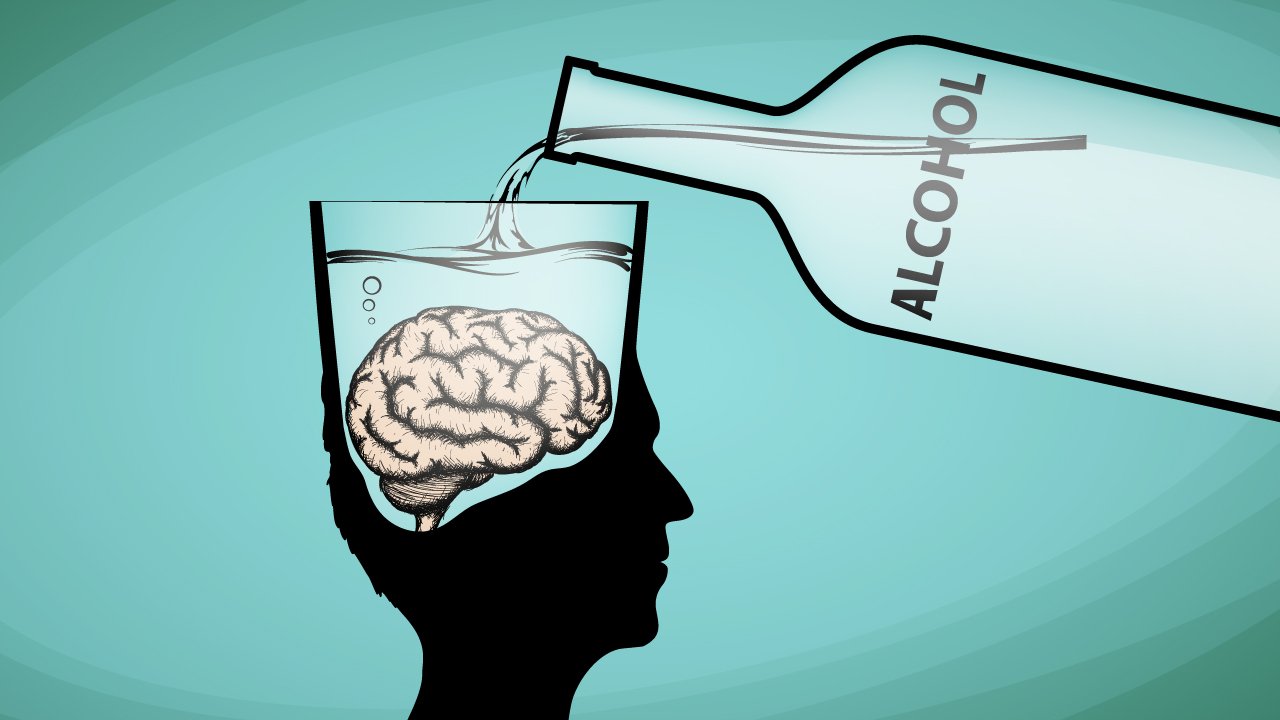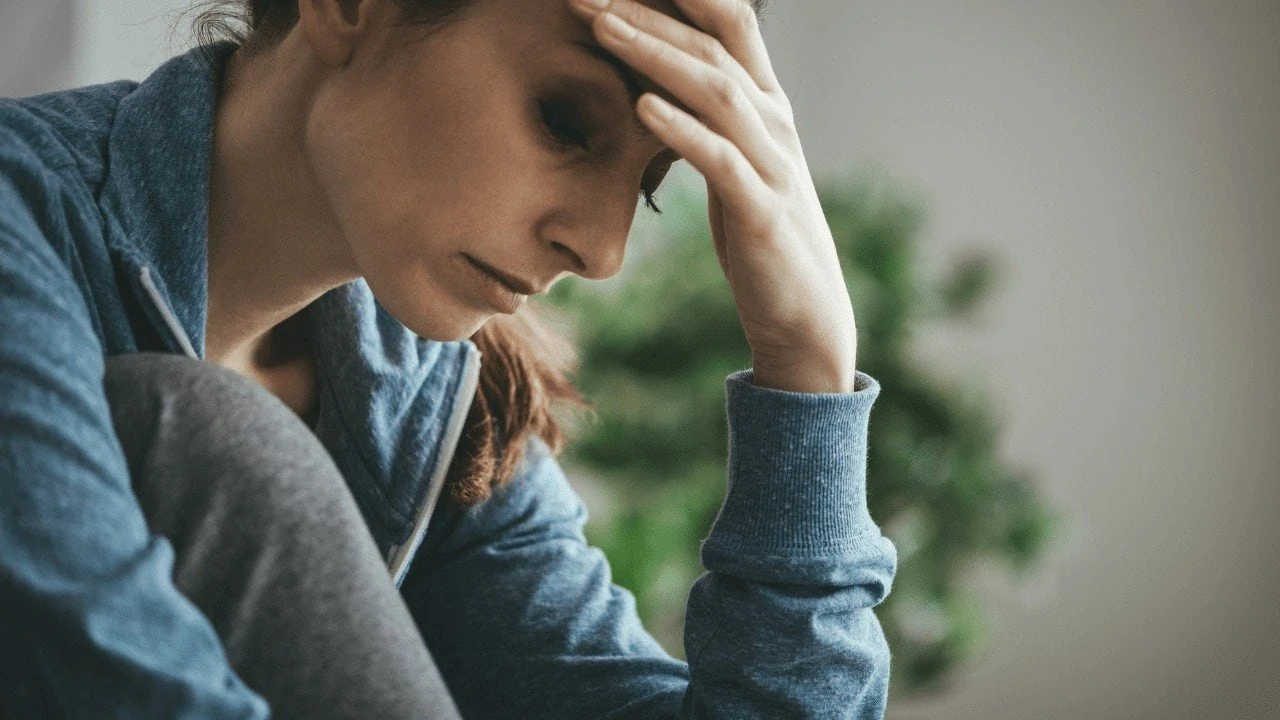Triggers can stir up the urge to drink, even when you’re committed to staying sober. Recognizing what sets you off and learning how to respond is a powerful part of recovery. Understanding these common triggers and how to manage them will support your progress in alcohol use disorder treatment and help you stay focused on healing.
1. Stress
Work pressure, personal problems, or financial worries can all lead to feelings of overwhelm. Instead of turning to alcohol, try calming strategies like deep breathing, gentle stretching, or mindfulness. These help restore your balance and reduce emotional tension.
2. Old Friends
Spending time with people you used to drink with can make it harder to avoid temptation. Try connecting with new, sober friends who support your goals and make you feel uplifted. Positive relationships help reinforce your commitment to staying sober.
Read Also: Medical Bills After an Accident? How an Anchorage Attorney Can Help Claims
3. Bars
Being in places where alcohol is served can trigger cravings. Choose safer spots like coffee shops, bookstores, or public parks. These alcohol-free spaces help you avoid unnecessary risk while still enjoying social time.
4. Loneliness
Feeling isolated can increase the urge to drink as a way to fill emotional gaps. Reach out to a friend, join a recovery group, or engage in a community activity. Staying connected gives you strength and reminds you that you’re not alone.
5. Anger
Heated emotions like frustration or resentment can push you toward alcohol. Writing in a journal or going for a walk can help you calm down and process your thoughts clearly. These responses support emotional health and help you manage reactions constructively.
6. Boredom
When there’s nothing to do, your mind may wander back to old habits. Fill your time with meaningful hobbies like music, reading, art, or exercise. Keeping busy with something you enjoy helps shift your focus and keeps your recovery strong.
7. Parties
Social events often involve alcohol, especially with friends or family. Bring your own non-alcoholic drink, stay close to someone who understands your situation, and leave early if needed. Planning ahead keeps you safe and comfortable in social settings.
8. Sadness
Feeling down may lead you to seek relief through alcohol, but it only dulls the pain. Speak with a therapist or someone you trust to process your feelings. Support and guidance are essential for handling difficult emotions and staying on your recovery path.
9. Holidays
Special occasions can bring joy but also pressure. Plan alcohol-free celebrations like movie nights, game days, or nature outings. Sober traditions give you something to look forward to while protecting your sobriety and supporting your progress during alcohol use disorder treatment.
10. Tiredness
Lack of sleep affects your mood, focus, and decision-making. Make rest a priority by creating a relaxing bedtime routine and aiming for at least seven hours of sleep each night. A well-rested mind is better equipped to face challenges with clarity.
Triggers are part of life, but you are stronger than the pull they bring. With planning and awareness, you can navigate around them and stay in control. Recovery is about progress, not perfection.
Take one step at a time. When stress or sadness shows up, use the tools you’ve learned. Keep choosing actions that align with your goals. Alcohol use disorder treatment gives you the support and skills to move forward with confidence. You are building something powerful. Keep avoiding triggers, stay connected, and protect your peace. Alcohol use disorder treatment leads you toward long-term freedom and a life you can feel proud of.
You May Also Like: Understanding Texas’ Comparative Fault Rule: How Shared Responsibility Affects Your Injury Claim











